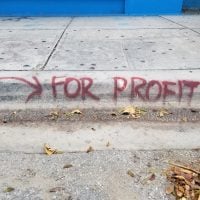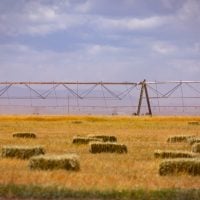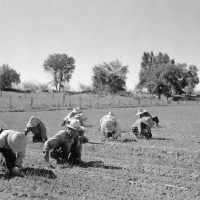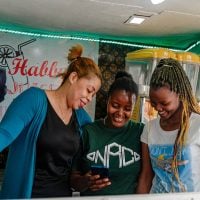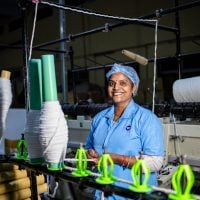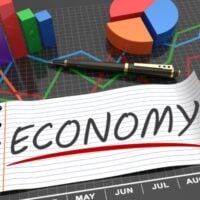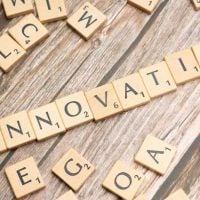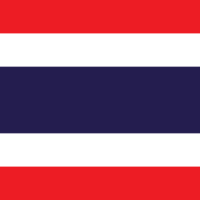The African Women’s Development Fund (AWDF) is a pioneering initiative that aims to support the empowerment of women across the African continent. Established in 2000, AWDF is the first pan-African grant-making organization dedicated to funding women’s rights organizations and initiatives. Its mission is to promote gender equality and women’s empowerment by providing financial resources to grassroots organizations that work tirelessly to address issues such as violence against women, economic empowerment, and political participation.
By focusing on the unique challenges faced by women in Africa, AWDF plays a crucial role in fostering sustainable development and social justice. AWDF operates on the belief that empowering women is essential for achieving broader societal change. The fund recognizes that women are not just beneficiaries of development but are also key agents of change.
By investing in women-led initiatives, AWDF seeks to create a ripple effect that enhances the overall well-being of communities. The organization prioritizes funding for projects that are innovative, sustainable, and have the potential for significant impact. Through its strategic partnerships and collaborations, AWDF amplifies the voices of women and ensures that their needs and aspirations are at the forefront of development agendas.
Eligibility criteria for accessing AWDF grants
To access AWDF grants, organizations must meet specific eligibility criteria designed to ensure that funding is directed toward initiatives that align with AWDF’s mission. Primarily, applicants must be women-led organizations or initiatives that focus on women’s rights and empowerment. This requirement underscores AWDF’s commitment to supporting those who are directly affected by gender inequality and who possess the insight necessary to address these challenges effectively.
Additionally, organizations must be registered entities within their respective countries, demonstrating a level of legitimacy and accountability. Another critical criterion is the alignment of proposed projects with AWDF’s strategic priorities. This includes addressing issues such as economic empowerment, health rights, political participation, and combating gender-based violence.
Organizations must also demonstrate a clear understanding of the local context and the specific needs of the communities they serve. Furthermore, AWDF encourages applications from organizations that have a track record of successful project implementation and management. This emphasis on experience ensures that funds are allocated to initiatives with a higher likelihood of success and sustainability.
Application process for AWDF grants
The application process for AWDF grants is designed to be transparent and accessible while ensuring that proposals are thoroughly evaluated for their potential impact. Organizations interested in applying must first complete an online application form available on the AWDF website. This form requires detailed information about the organization, its mission, and the specific project for which funding is being sought.
Applicants are encouraged to provide a comprehensive overview of their project objectives, target beneficiaries, and expected outcomes. Once submitted, applications undergo a rigorous review process. AWDF staff assess proposals based on criteria such as relevance, feasibility, sustainability, and potential impact.
Successful applicants may be invited for further discussions or clarifications before final decisions are made. It is essential for organizations to be prepared for this stage by having clear data and evidence to support their claims. Additionally, applicants should be aware of deadlines and ensure that all required documentation is submitted in a timely manner to avoid disqualification.
Tips for writing a successful grant proposal
Writing a successful grant proposal requires careful planning and attention to detail. One of the most effective strategies is to clearly articulate the problem your project aims to address. Begin by providing a compelling narrative that outlines the specific challenges faced by women in your target community.
Use data and real-world examples to illustrate the urgency of these issues. This not only captures the attention of reviewers but also demonstrates your organization’s understanding of the local context. Another critical aspect of a strong proposal is setting clear, measurable objectives.
Funders want to see that you have a well-defined plan for achieving your goals. Use the SMART criteria—Specific, Measurable, Achievable, Relevant, Time-bound—to outline your objectives. For instance, instead of stating that you aim to “empower women,” specify that you will train 100 women in entrepreneurship skills over six months.
This level of detail not only enhances credibility but also allows funders to envision the tangible outcomes of their investment. Additionally, it is vital to demonstrate sustainability in your proposal. Funders are increasingly interested in projects that can continue to make an impact beyond the funding period.
Outline how you plan to secure additional resources or partnerships to sustain your initiative after AWDF funding ends. This could involve developing income-generating activities or establishing collaborations with local businesses or government agencies.
Managing and reporting on AWDF-funded projects
Once an organization receives funding from AWDF, effective management and reporting become paramount to ensure accountability and transparency. Establishing a robust project management framework is essential for tracking progress against objectives and timelines. This includes setting up regular monitoring mechanisms to assess both qualitative and quantitative indicators of success.
For example, if your project involves training women in leadership skills, you might track attendance rates, participant feedback, and subsequent leadership roles taken by participants. Reporting on project outcomes is not just a requirement; it is an opportunity to showcase your organization’s impact. AWDF typically requires grantees to submit periodic reports detailing progress, challenges faced, and lessons learned.
These reports should be honest and reflective, providing insights into what worked well and what could be improved. Sharing success stories can also enhance your organization’s visibility and credibility within the sector. Moreover, engaging with beneficiaries throughout the project lifecycle can provide valuable feedback that informs adjustments and improvements.
Regularly soliciting input from participants helps ensure that the project remains relevant and responsive to their needs. This participatory approach not only strengthens relationships with beneficiaries but also enhances the overall effectiveness of the initiative.
Impact of AWDF grants on women’s empowerment in Africa
The impact of AWDF grants on women’s empowerment in Africa has been profound and far-reaching. By providing financial support to grassroots organizations, AWDF has enabled countless women to access resources and opportunities that were previously out of reach. For instance, many funded projects have focused on economic empowerment through skills training and microfinance initiatives, allowing women to start their own businesses and achieve financial independence.
This economic empowerment not only benefits individual women but also contributes to community development by creating jobs and stimulating local economies. Furthermore, AWDF-funded initiatives have played a crucial role in raising awareness about gender-based violence and advocating for policy changes at local and national levels. Organizations supported by AWDF have successfully mobilized communities to challenge harmful cultural practices and advocate for legal reforms that protect women’s rights.
These efforts have led to increased visibility of women’s issues in public discourse and greater accountability from governments regarding their commitments to gender equality. In conclusion, the African Women’s Development Fund stands as a beacon of hope for women across Africa seeking empowerment and equality. By understanding its mission, eligibility criteria, application process, and best practices for proposal writing and project management, NGO professionals can enhance their chances of securing funding and making a meaningful impact in their communities.
The transformative effects of AWDF grants underscore the importance of investing in women’s rights organizations as catalysts for change in Africa’s socio-economic landscape.

